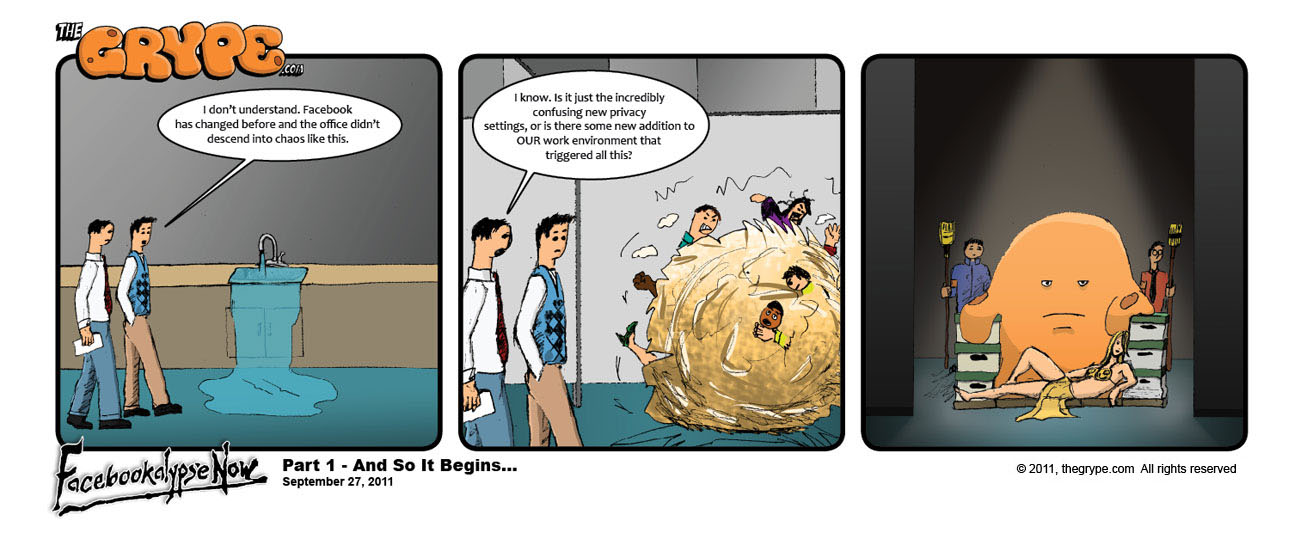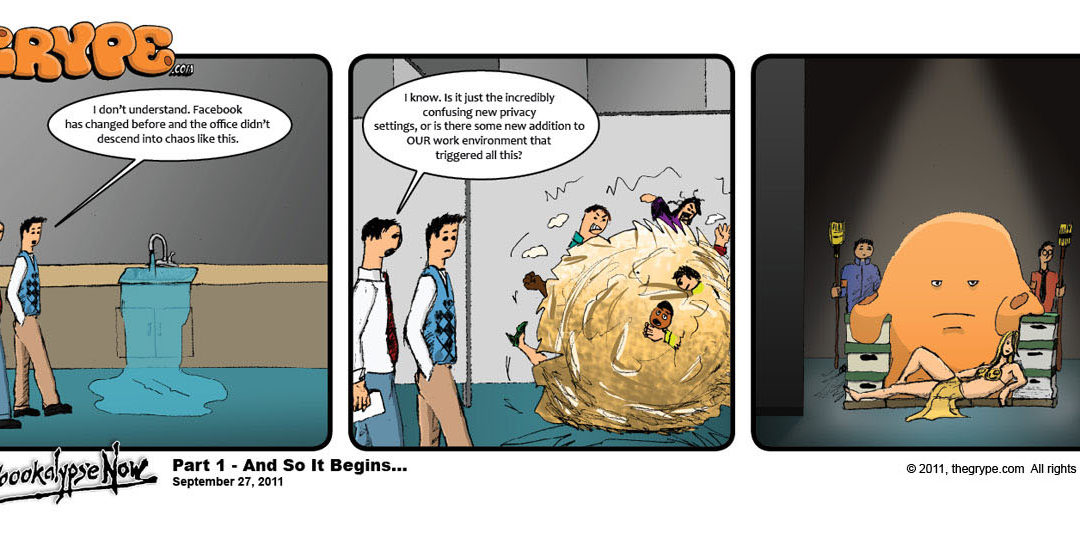 We consumers are not always wise or generous in our choices. Example: back in the 1980’s, screenwriter John Hughes’ classic teen-angst film Pretty in Pink originally ended with the sweet and plucky female lead “Andie” (played by then-ubiquitous Molly Ringwald) attending the prom with her odd, quirky, but selflessly-devoted nice guy friend “Duckie” (actor Jon Cryer). To do so, she dumped “Blane,” the vain, self-centered (but much more rich and handsome) character played by Andrew McCarthy.
We consumers are not always wise or generous in our choices. Example: back in the 1980’s, screenwriter John Hughes’ classic teen-angst film Pretty in Pink originally ended with the sweet and plucky female lead “Andie” (played by then-ubiquitous Molly Ringwald) attending the prom with her odd, quirky, but selflessly-devoted nice guy friend “Duckie” (actor Jon Cryer). To do so, she dumped “Blane,” the vain, self-centered (but much more rich and handsome) character played by Andrew McCarthy.
At a preliminary screening the test audience rejected that outcome, reacting overwhelmingly in favor of Andie discarding the caring and devoted Duckie to wind up with the rich jerk, Blane. So the film was re-edited with a new ending in which Andie chooses rich guy Blane and Duckie hooks up with sultry Kristy Swanson as a consolation prize. Thus the movie stands today, and the subtext is obvious: what the audience wants is not always a fair ending, or a just ending, or a moral ending; they would rather “win the prize,” even if the prize they achieve ultimately has questionable merit.
OF COURSE the film company changed Hughes’ original ending. Like the manufacturers of any product, they make money by supplying whatever we want in response to what we demand. We tell ourselves that WE aren’t foolish enough to respond to endless food commercials for greasy sugar snacks, and that those awful TV “reality shows” must be aimed at someone else since WE would never watch such dreadful fare… but cable ratings and the indentations in our couches from our expanding asses say otherwise. The corporate advertising industry knows us pretty darn well, and no one in the ad game wants to waste time and money trying to sell you products you won’t ever buy. All companies want to be the guys offering the latest, hottest product— this year’s Cabbage Patch Kid/Tickle Me Elmo equivalent; no company wants to sheepishly bulldoze a million copies of unsold product into some New Mexico landfill.
As satellite communications become more prevalent, our new connectedness allows us to drift ever-closer to a unified world culture. But the forces driving that convergence are the forces of commerce, spearheaded by an advertising industry that has no qualms about blurring the line between fantasy and reality (or even lying outright) in order to keep the machine of industry grinding out new product for end user consumption. Unfortunately some cultural purists (often religiously inspired) are extremely alarmed at the potential assimilation of an overriding commercial consumer mindset by media-dazzled peoples from formerly austere cultural populations. Radical political elements will therefore occasionally succumb to paranoia that All Their Bases Are Belong to Us and respond by Setting Up Us The Bomb out of sheer desperation. Or, in one infamous instance, by flying a couple of commercial jetliners into a gigantic world-renowned symbol of trade and commerce.
Also, it is a human trait to fear change of any sort and to overreact even to fairly benign events when they occur without our foreknowledge or permission. Until we grow accustomed to the alteration, we tend to view change with an air of suspicion.
We crave the comfort of familiarity; but the code of the digital jungle is “upgrade or die.” The occasional collective online freak-out should probably be expected when our favorite toys get shiny new parts. Just relax. Once you learn how to use it, the new version of Facebook (or whatever) usually works pretty well. If not, the suits in charge will mothball it (or export it to the boondocks) quicker than you can say “New Coke.” Even Microsoft— the grand guru of “shut up, we know what’s best for you”— finally admitted it was time to take Vista out back and give it the Old Yeller double tap.
So calm down, people. The laws of supply and demand totally have your six.

